Russia-Ukraine Ceasefire Talks Downgraded: US Officials Excluded, Crimea Recognition Ruled Out
Diplomatic efforts to secure a ceasefire between Russia and Ukraine have been significantly scaled back following talks in London this week. Originally intended to be a pivotal meeting aimed at establishing a lasting truce, the discussions have undergone a notable shift, with key participants being reduced and certain contentious issues ruled out.
The initial plan involved senior officials from the UK, France, Germany, Ukraine, and the United States, alongside US Secretary of State Marco Rubio and special envoy Steve Witkoff. However, following a review, the meeting will now proceed solely amongst representatives from the UK, France, Germany, Ukraine, and the US. Importantly, Mr. Rubio and Mr. Witkoff have been removed from the proceedings, replaced by Trump’s Ukraine envoy, General Keith Kellogg. This signals a move away from high-level direct engagement between Washington and Moscow.
Adding to the complexities, Ukrainian President Volodymyr Zelensky has emphatically stated that his country will not recognize Russia’s annexation of Crimea, effectively dismissing any prospect of discussing this sensitive issue within the current negotiations. Reports had suggested that exploring potential concessions regarding Crimea might be on the table, but this avenue is now firmly closed.
The shift comes amid growing speculation that Russia may be considering a halt to its invasion along current front lines in exchange for significant territorial concessions and recognition of Russian sovereignty over Crimea. However, no such proposals have been formally presented to President Zelensky. Despite Putin’s declaration of an Easter ceasefire, British military intelligence has reported no evidence of a cessation of hostilities, suggesting that Russia remains committed to pursuing its objectives on the battlefield.
Recent developments highlight the ongoing challenges in achieving a lasting peace. A drone strike on Wednesday morning resulted in nine fatalities in Marhanets, underscoring the continued violence and targeting of civilian infrastructure across Ukraine. The conflict, which began in 2014 following the overthrow of a pro-Russian government and subsequent Russian annexation of Crimea, has already claimed hundreds of thousands of lives and displaced nearly seven million Ukrainians worldwide. The prolonged nature of the war underscores a deeply entrenched historical and geopolitical rivalry, making any path towards a definitive resolution fraught with difficulty.

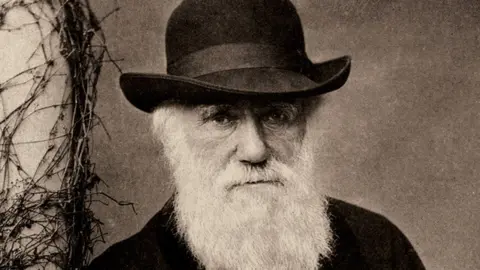
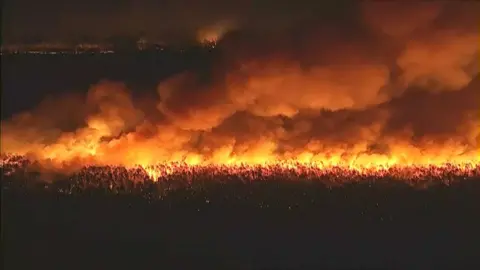

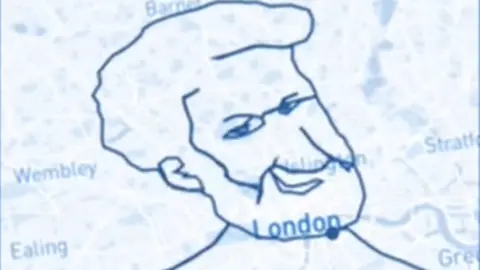
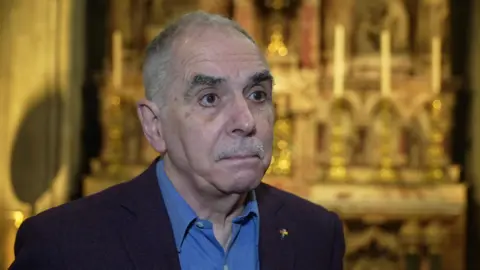
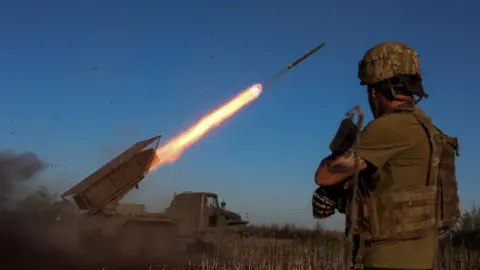
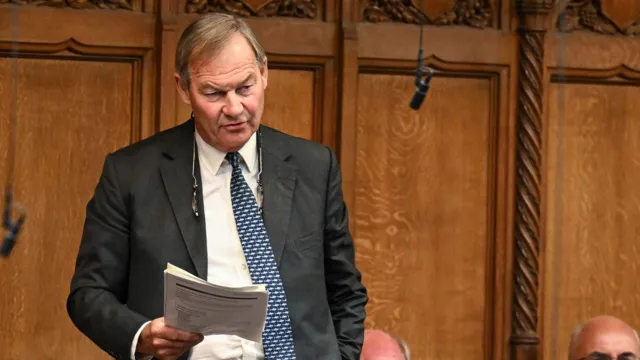
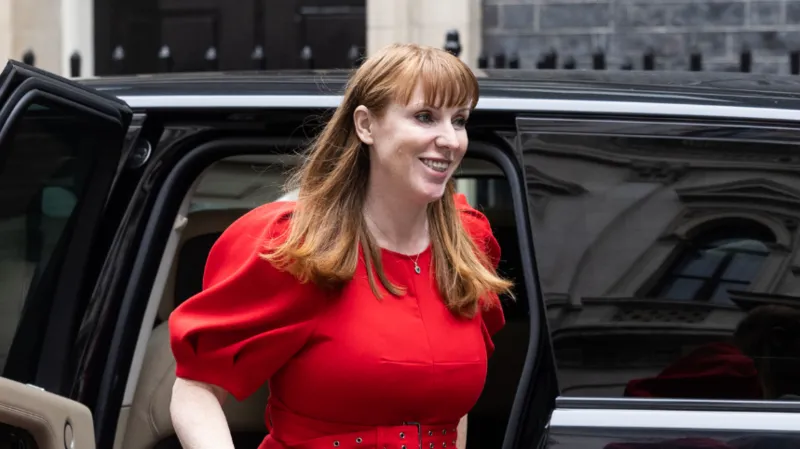
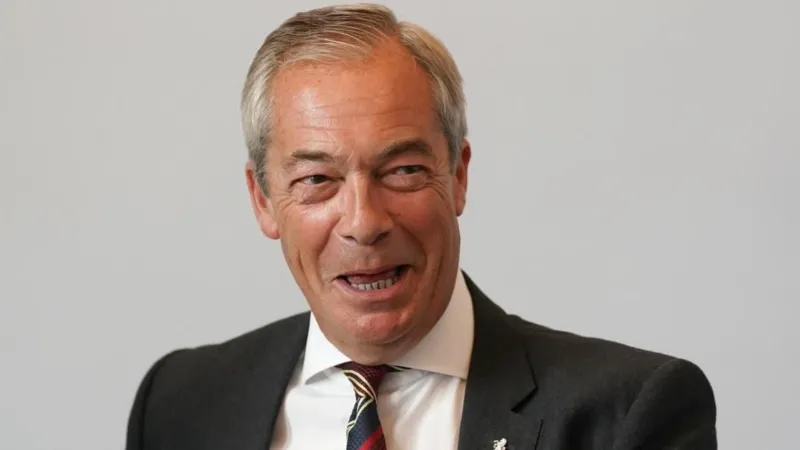
Post Comment